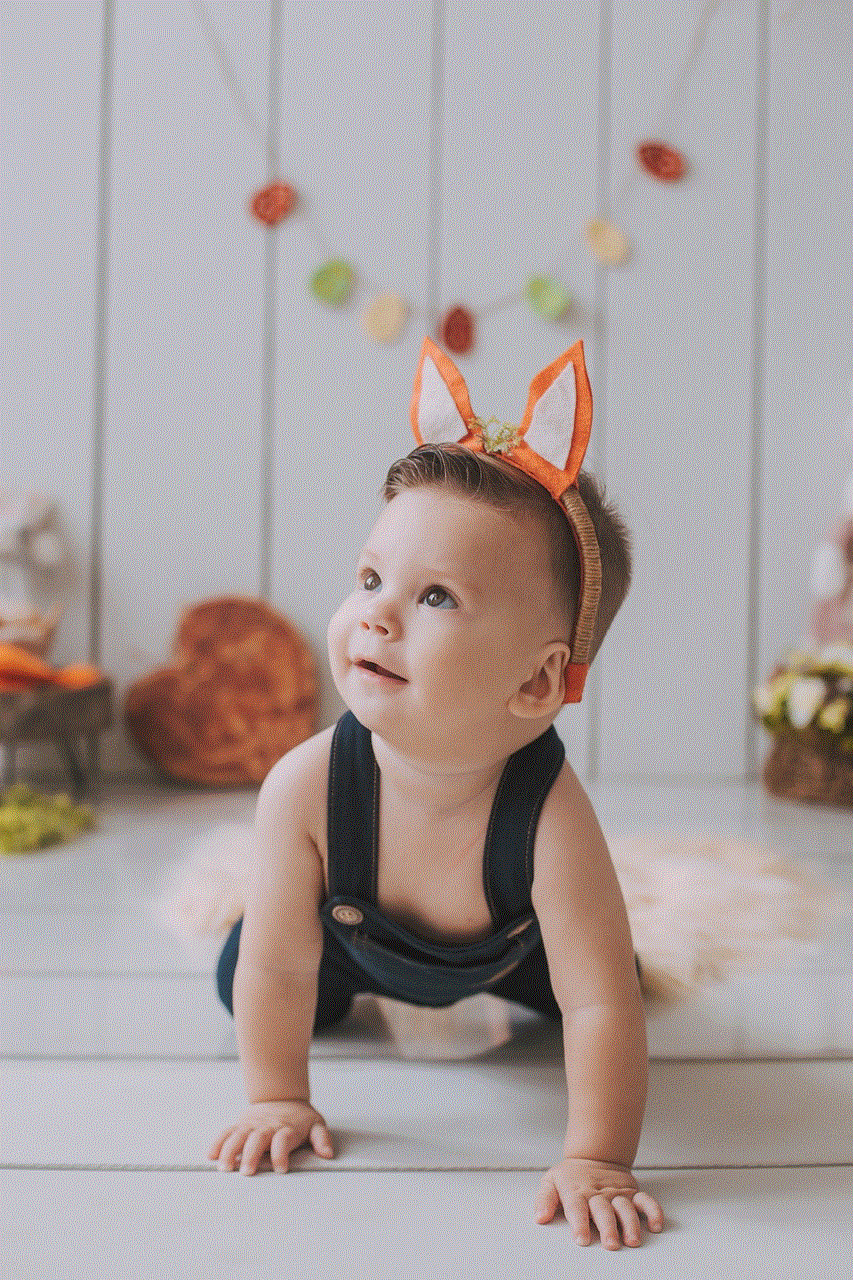what age to kids start school
As parents, one of the biggest decisions we have to make is when to start our children in school. It can be a daunting task, as we want to ensure that our children are ready and prepared for the academic and social challenges that come with starting school. So, what age do kids typically start school? The answer is not a straightforward one, as it can vary depending on a variety of factors. In this article, we will explore the different factors that can impact the age at which children start school and provide a comprehensive guide to help parents make this important decision.
First and foremost, it is essential to understand that there is no one-size-fits-all approach to starting school. The decision will ultimately depend on the individual child’s readiness and the education system in your country or state. In most countries, formal education begins at the age of five or six, but this can vary. For instance, in some countries, children start school as early as two years old, while in others, it may be as late as seven. Therefore, it is crucial to do thorough research and understand the education system in your area before making a decision.
One of the factors that can impact the age at which children start school is the child’s birthdate. In most countries, the cut-off date for enrolling a child in school is usually between September and December. This means that if your child is born between these months, they will start school at a younger age than those born later in the year. For example, if the cut-off date is September 1st, a child born on August 31st will start school a year earlier than a child born on September 2nd. This can be a significant factor to consider when deciding when to start your child in school.
Another factor to consider is the child’s physical, emotional, and cognitive development. Children develop at different rates, and it is essential to ensure that your child is developmentally ready for school before enrolling them. Starting school too early can be overwhelming for some children and can negatively impact their academic progress. On the other hand, children who start school too late may find themselves bored and unchallenged, which can also hinder their academic growth. Therefore, it is crucial to assess your child’s overall development and readiness for school before making a decision.
Apart from physical and emotional readiness, cognitive readiness is also essential. Cognitive readiness refers to a child’s ability to think, learn, and process information. Children who are cognitively ready for school tend to have a good attention span, can follow instructions, and have a basic understanding of numbers, letters, and shapes. These skills are crucial for a child’s success in school, and if a child lacks them, it may be best to wait a little longer before starting them in school.
Additionally, parents should also consider their child’s social and emotional skills before starting school. Starting school is a significant transition for children, and they will be exposed to new environments, people, and routines. Therefore, it is crucial to ensure that your child has the necessary social and emotional skills to cope with these changes. Children who are socially and emotionally ready for school tend to be more confident, can communicate effectively, and can handle conflicts and challenges appropriately.
Another important factor to consider is the type of school you want your child to attend. In most countries, children can start primary school at the age of five or six. However, some countries offer pre-primary education, which can begin as early as two years old. If you are considering enrolling your child in pre-primary education, it is essential to understand the curriculum and the expectations of the program. Some pre-primary programs focus on early childhood development and play-based learning, while others have a more academic focus. It is crucial to choose a program that aligns with your child’s needs and your personal beliefs about early education.
Moreover, parents should also consider their child’s personality and temperament when deciding when to start school. Some children are naturally more outgoing and adapt quickly to new environments, while others may be more reserved and take longer to adjust. It is essential to consider your child’s personality and choose a time that is right for them. Starting school at a time when your child is not ready socially or emotionally can lead to unnecessary stress and anxiety, which can negatively impact their overall experience.
Apart from these factors, parents should also consider their own circumstances and the impact it may have on their child’s education. For instance, if both parents work full-time, starting school earlier may be more convenient, as it aligns with their work schedules. However, if one parent is at home, they may have more time to prepare their child for school and may choose to start them at a later age. It is essential to consider what works best for your family and your child’s individual needs.
Furthermore, it is crucial to communicate with your child’s preschool or daycare provider to gain their professional opinion on your child’s readiness for school. Preschool and daycare providers work closely with children and can provide valuable insights into your child’s development and readiness for school. They can also offer advice on how to prepare your child for school and what skills they should have before starting.
In conclusion, the age at which children start school can vary depending on various factors, including the child’s birthdate, developmental readiness, and the education system in your area. Therefore, it is crucial for parents to do thorough research and consider their child’s individual needs before making this decision. It is also essential to remember that starting school is not a race, and every child develops at their own pace. As parents, it is our responsibility to ensure that our children are ready and prepared for the academic and social challenges that come with starting school. By considering all these factors and seeking professional advice when needed, we can make an informed decision that is best for our child’s education and overall well-being.
2022 teen slang
Slang is an ever-evolving language that is constantly being shaped and reshaped by the younger generation. Each year, new words and phrases are added to the slang dictionary, making it difficult for older generations to keep up. As we enter into the year 2022, it’s time to take a look at the latest teen slang that is sweeping the nation. From “lit” to “savage,” these words and phrases are not only trendy, but they also provide a unique insight into the mindset and culture of today’s teenagers.
1. Lit – This term has been around for a few years now, but it shows no signs of slowing down. Lit is used to describe something or someone as extremely exciting or amazing. It can also be used to describe a party or event that is full of energy and fun. For example, “That concert was so lit, I can’t even describe it.”
2. Savage – This word has taken on a new meaning in recent years. It’s no longer just used to describe something or someone as fierce or aggressive, but it’s now used to describe someone who is unapologetically themselves and doesn’t care what others think. It’s a term of empowerment and self-confidence. For example, “She’s so savage, she always speaks her mind.”
3. Flex – When someone brags or shows off, they are “flexing.” This term is often used in reference to material possessions or achievements. For example, “Did you see his new car? He’s definitely flexing.”



4. Snatched – This term is used to describe someone who looks amazing or has a great outfit. It’s often used to compliment someone’s appearance. For example, “Your hair is snatched, I love the new color!”
5. Clout – Clout refers to influence or power, often in the online world. Someone with a lot of followers on social media or who is well-known on the internet has clout. For example, “She has so much clout on Instagram , her posts always go viral.”
6. Ship – This term comes from the word “relationship” and is used when someone wants two people to be in a romantic relationship. For example, “I totally ship them, they would make such a cute couple.”
7. Bae – This term has been around for a while, but it’s still going strong. It’s an abbreviation for “before anyone else” and is used to refer to a significant other or someone you have strong feelings for. For example, “I’m going out with my bae tonight.”
8. On fleek – This term is used to describe something that is perfect or on point. It originated from the phrase “on point” but has evolved to become “on fleek.” It’s often used to describe someone’s eyebrows or makeup. For example, “Her eyebrows are on fleek, she must have spent hours on them.”
9. Extra – When someone is being over the top, dramatic, or attention-seeking, they are being “extra.” It’s a term used to describe someone who is doing too much. For example, “Why is she being so extra about her birthday? It’s just a party.”
10. Salty – This term is used to describe someone who is bitter or upset about something. It’s often used in a joking manner to poke fun at someone’s reaction to a situation. For example, “Why are you so salty about losing the game?”
11. Ghost – When someone suddenly stops responding or communicating with you, they have “ghosted” you. It’s a term that originated from the dating world but is now used in all types of relationships. For example, “I thought we had plans, but he ghosted me at the last minute.”
12. Receipts – When someone asks for “receipts,” they want proof or evidence to back up a claim. This term is often used in arguments or disagreements to support one’s side. For example, “If you think I said that, show me the receipts.”



13. Drip – This term is used to describe someone who has a lot of style and swag. It’s often used to refer to someone’s fashion sense. For example, “She’s got so much drip, she always looks so cool.”
14. Finsta – A finsta is a “fake” or “secondary” Instagram account that is usually kept private and is used to share more personal and authentic content with a smaller group of friends. For example, “I only post on my finsta for my close friends to see.”
15. Vibe – This term is used to describe a feeling or atmosphere. It can refer to a person’s energy or the overall mood of a situation. For example, “The party had such a good vibe, everyone was dancing and having a great time.”
16. TBT – This stands for “Throwback Thursday” and is often used on social media to share old photos or memories from the past. For example, “Here’s a #TBT to when we were kids.”
17. Tea – When someone says “spill the tea,” they are asking for gossip or juicy information. It’s often used in a playful way to find out the latest news. For example, “I heard she has some tea about her ex, let’s get her to spill it.”
18. GOAT – This stands for “Greatest of All Time” and is used to refer to someone who is the best at what they do. It’s often used in reference to athletes or celebrities. For example, “LeBron James is the GOAT, he’s the best basketball player ever.”
19. Bop – This term is used to describe a song that is catchy and fun to listen to. It’s often used to refer to pop songs. For example, “Have you heard the new Selena Gomez bop? I can’t stop listening to it.”
20. Highkey/Lowkey – These terms are used to describe how strongly someone feels about something. Highkey means it’s obvious or well-known, while lowkey means it’s kept quiet or a secret. For example, “I highkey hate him, but lowkey I still have a crush on him.”



Teen slang may seem like a foreign language to some, but to teenagers, it’s a way to express themselves and connect with their peers. As we enter into the year 2022, we can expect even more new words and phrases to emerge and become a part of the ever-evolving slang dictionary. So don’t be surprised if you hear your teen using some of these terms, and maybe even try using them yourself to stay current and hip with the younger generation.
